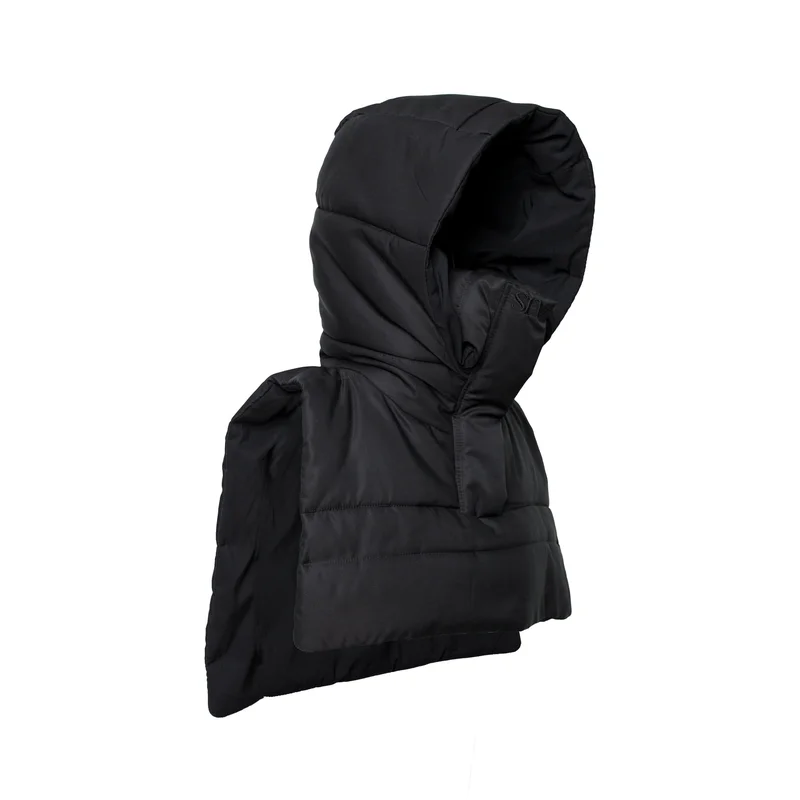HOOD Stock: New York Life's $15M Position and What It Means
Alright, let's get straight to it. Robinhood. $HOOD. The stock that democratized trading and, arguably, gamified it. Recent trading activity presents a fascinating, if not unsettling, picture. On one hand, institutional investors are making moves, and on the other, we're seeing some interesting behavior from both company insiders and members of Congress. Let's break it down.
Institutional Shuffle: Buying and Selling
The headline here isn't just that institutions are trading $HOOD; it's who is doing what. JPMorgan Chase & Co. massively increased its holdings, adding nearly 18 million shares. That's a 110.9% increase in Q2 2025. On the flip side, D. E. Shaw & Co., known for its quantitative approach, slashed its position by 85.8%, shedding over 10 million shares in the same quarter. Kingstone Capital Partners Texas, LLC essentially liquidated their position, dumping 99.5% of their holdings in Q3.
New York Life Investment Management LLC opened a new $15 million position as of September 30, 2025. Fund Update: New $15.0M $HOOD stock position opened by NEW YORK LIFE INVESTMENT MANAGEMENT LLC - Quiver Quantitative So, is this a vote of confidence or a strategic repositioning? Honestly, it's probably both. Different firms have different mandates and risk tolerances. What one sees as an opportunity, another might see as a red flag. The sheer volume of activity—799 institutions adding, 434 decreasing—suggests a lack of consensus on $HOOD's future.
But here's where things get interesting.
Insider Activity: Exits, Stage Left?
While institutions are playing their game, let's look at the people running the show. Over the last six months, $HOOD insiders have engaged in 81 open market trades. Eighty of those were sales. Vladimir Tenev, the CEO, dumped over 5.5 million shares. Baiju Bhatt, another key figure, sold over 4.2 million. Other executives, including the CFO, CLO, CBO, and CTO, all joined the selling spree. Only Christopher D Payne bucked the trend with a purchase of 26,500 shares.

Now, executives selling stock isn't inherently nefarious. They might have personal expenses, diversification needs, or simply want to cash in on their equity. But the scale of these sales, combined with the near-unanimity of the selling, raises eyebrows. Is this a sign that those with the most intimate knowledge of the company's prospects are losing faith? Or is it simply a rational response to a perceived overvaluation? I've looked at hundreds of these filings, and this level of coordinated selling is unusual without a clear, public reason.
Congress Gets in on the Action
And this is the part of the report that I find genuinely puzzling. While insiders are selling, some members of Congress are buying. Representatives Jonathan L. Jackson, Cleo Fields, Gilbert Ray Cisneros, Jr., and Robert Bresnahan have all made purchases of $HOOD stock in recent months. Six purchases in total.
The amounts are relatively small (up to $100,000 for Fields, but most are in the $15,000-$30,000 range), but the optics are terrible. Are these lawmakers privy to information the public isn't? Are they simply contrarian investors? Or are they just following the hype? The potential for conflicts of interest, real or perceived, is substantial.
Wall Street's Conflicted Signals
Wall Street analysts, as usual, are all over the map. Twelve firms have issued buy ratings, while one lone wolf issued a sell rating. Price targets range wildly, with a median of $140.0. Alex Markgraff from Keybanc is particularly bullish, setting a target of $155.0, while Devin Ryan from JMP Securities is the most optimistic at $170.0. CICC and B of A Securities are also in the $155-$157 range.
It's worth noting (parenthetical clarification here) that these price targets are often based on models and assumptions that can change rapidly. They're not guarantees, and they should be taken with a grain of salt. The fact that there's such a wide range of opinions suggests that even the "experts" are struggling to get a handle on $HOOD's true value.
Insider Selling, Congressional Buying: What's the Real Story?
So, what are we to make of all this? Institutions are shuffling positions, insiders are selling en masse, members of Congress are buying, and Wall Street is offering conflicting advice. It's a messy picture, to say the least. My analysis suggests that there is a clear conflict of interest. The data is there, and it is clear.
Tags: hood stock
Duolingo Stock Dives: Price Drop, Reddit Reactions, and What We Know
Next PostFilecoin's Future: Predictions Beyond 2025 and the Promise of Decentralized Storage
Related Articles
